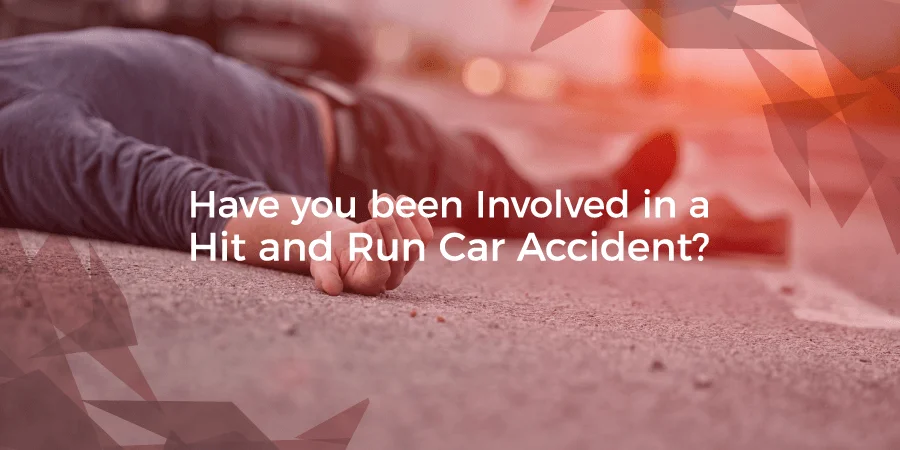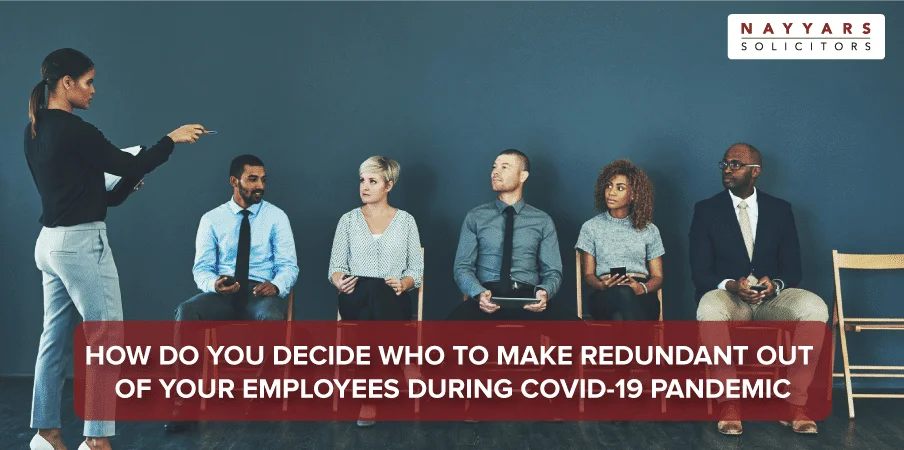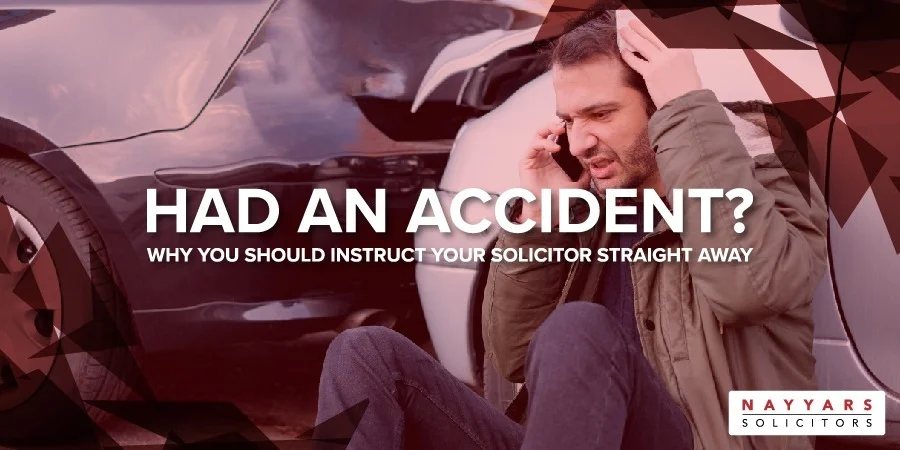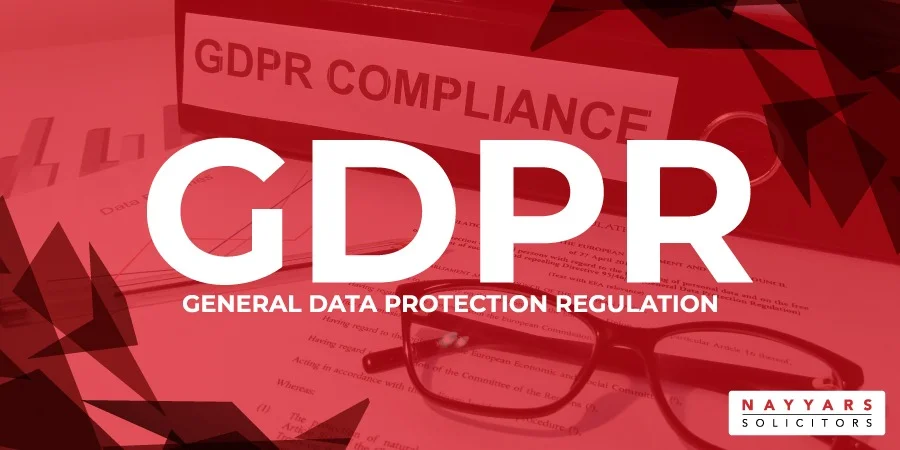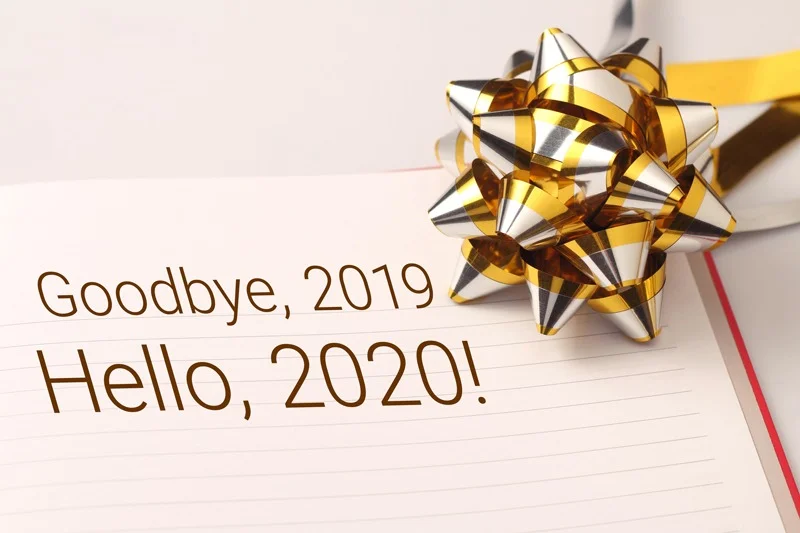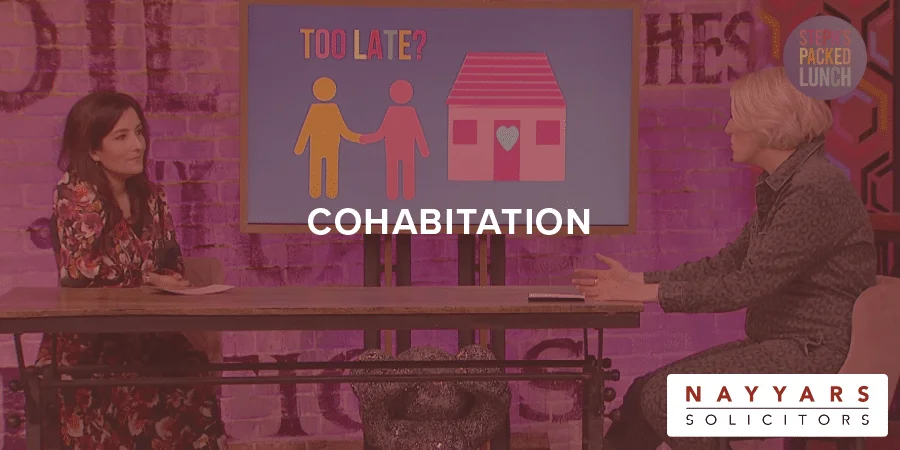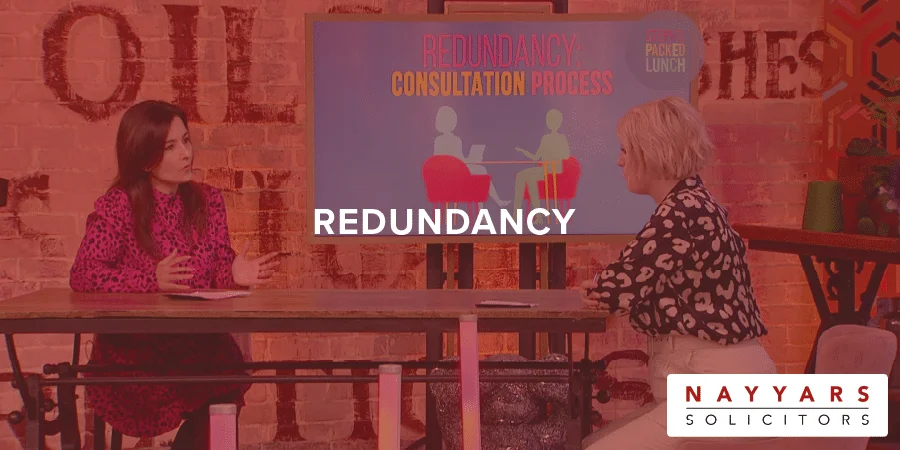Change in Personal Injury Claims
I was on the panel this week for a round table meeting entitled “The Claimant Journey” to discuss the proposed reforms to the Personal Injury Sector which are expected to come in April 2020. This was hosted by both Lyons Davidson in conjunction with Modern Insurance Magazine.
There were representatives from both sides of the fence who were meeting to discuss and work out a way forward within the framework of what will inevitably come into force. We worked on the premise that the reforms will come in on the date above.
The Government is legislating on the basis that the personal injury claims process is straightforward and the man on the street will be able to work an electronic portal system when injured to obtain compensation. There will be no need for lawyer involvement or advice. There will be a fixed tariff system for whiplash injuries and the threshold for the small claims track will increase to £5000.
Anyone involved acting for Claimants knows that this is quite simply an unworkable premise. At present no-one knows what the portal will look like nor how easy it will be to navigate. Will it incorporate Medco, AskMID and AskCUE?
Concepts and terms that lawyers take for granted will baffle and confuse the client. Will clients appreciate the importance of filling out the CNF correctly or fully understand the contents of the medical report? If not, they could be faced with problems with fundamental dishonesty arguments. It remains to be seen how vulnerable individuals or those for whom English is not their first language will be able to navigate this portal. What help, and assistance will be given to those who cannot follow the process? Will there be a telephone helpline?
There remain many unanswered questions. Will the portal incorporate Medco? How will medicolegal reports be paid for? Will experts be prepared to produce reports without the backing of solicitors who are ‘good for their money’? How will 2nd medical reports be obtained? The thought of it all is starting to give even me with my legal background a headache.
My cynical side wonders whether this is part of the game plan. What will be the drop out for Claimants along their journey when making claims? The worry is that Insurers will play the game and defend claims with the view that Joe Bloggs with get fed up and lose interest. There will be no lawyer at his side reassuring him that this is what insurers do to frighten the hell out of you but if you stand firm then they often throw the towel in.
The conclusion at the round table was that most clients will still want their hand held (justifiably) by a third party to help them make a claim. Whether that will be a lawyer or a CMC or other company providing that service remains to be seen. In the same way, everyone knows that the public can lodge a PPI or Flight Delay themselves but choose to pass over the hassle for a percentage of their compensation, the same will happen with whiplash claims.
However, it is not that simple. Personal Injury claims are not form filling. They require a lot more lawyer input. There are legal arguments and technical issues along the way. LVI and causation can raise their head in seemingly even the most straightforward of cases. The issues can be extensive and comparing the costs now recoverable will make it financially non-viable for lawyers to run these cases.
With profit margins being reduced, the larger claim companies will not be able to market themselves as heavily as they have been doing. There is likely to be significant third-party capture. There will be new entrants into the industry who will aim to operate at a low-cost level. The businesswoman in me thinks – why can’t we do that? The lawyer in me thinks we can’t compromise on the standards our regulator demands of us.
Which brings me to a question that was asked at the round table by a representative from a consumer organisation. Are we over servicing our clients in the personal injury sector? I can only speak for my firm when I answer but maybe we are. The contact levels are certainly high. We pride ourselves on being at the other end of a telephone and willing to update on a regular basis. Does a low value whiplash claim warrant this? Maybe the only workable solution to stay in this industry is to reduce service standards and accessibility. Make it a numbers game with a compromise on the level of service that is provided.
But even then, will staying in the market for low value whiplash claims be workable? The new tariff system drastically reduces damages payable and it is not financially viable for solicitors to act in these cases.
Is it finally the end for lawyers dealing with personal injury claims? After all we have weathered storm after storm. Over the years with the constant changes to the sector, we may have been pulled down time and time again, but we have always risen back up. One of panel members concluded that “we believe and hope there will be opportunities to come”…..I have my fingers crossed….




